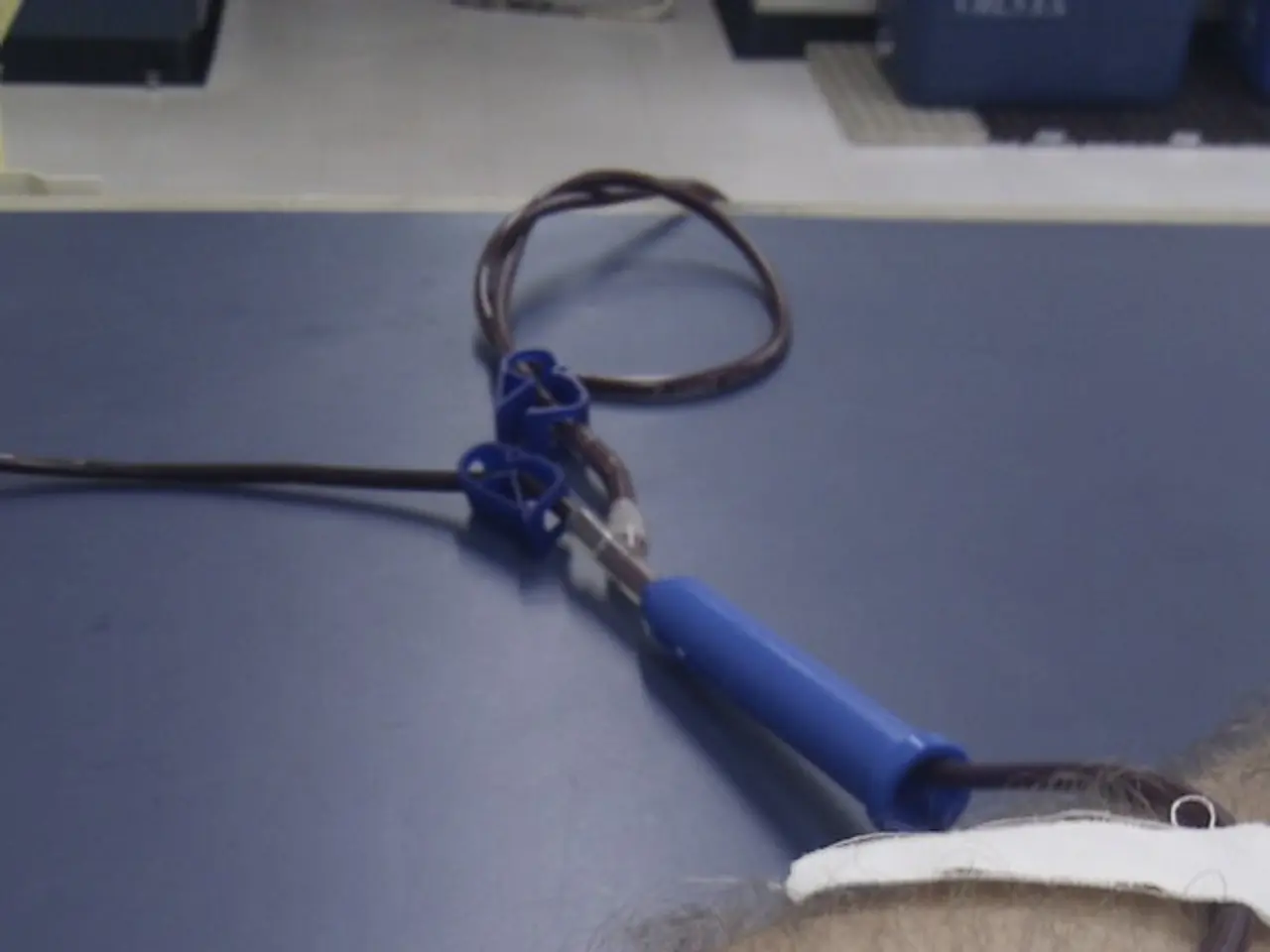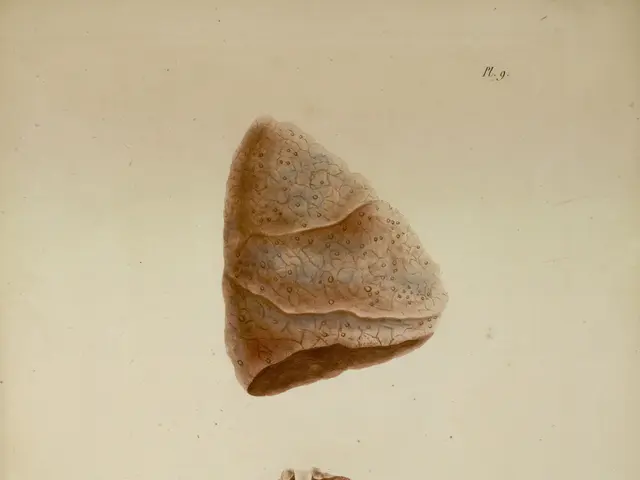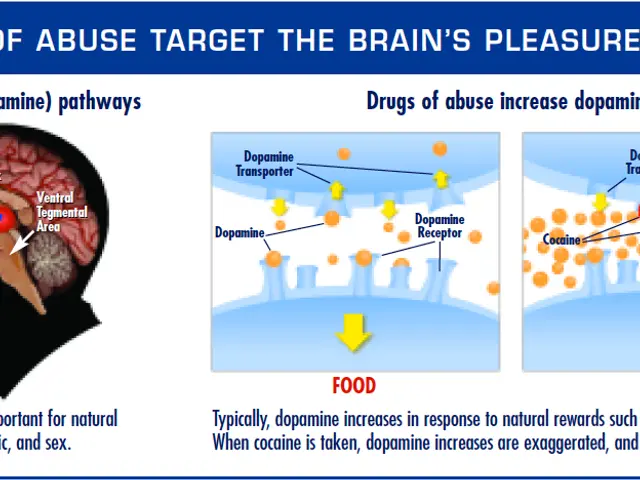TB Meningitis: Severe Form of TB Affects Brain and Spinal Cord
Tuberculosis (TB) meningitis, a severe form of the disease, occurs when TB bacteria infect the meninges surrounding the brain and spinal cord. The outlook for affected individuals depends on early treatment and the severity of symptoms, with potential long-term impacts including brain damage and stroke. Reinfection is also possible.
TB meningitis can develop in people of all ages, but certain groups are at higher risk. These include children between birth and 4 years old in low-income countries due to lower vaccination rates, and individuals with specific health problems such as HIV/AIDS, excessive alcohol use, weakened immune system, or diabetes mellitus. Symptoms appear gradually, starting with fatigue, malaise, and low-grade fever, and worsening over weeks to include fever, confusion, nausea, vomiting, lethargy, irritability, and unconsciousness.
Diagnosis involves a thorough physical exam, medical history, and various tests like lumbar puncture, biopsy of the meninges, blood culture, chest X-ray, CT scan of the head, and skin tests for tuberculosis. Treatment typically consists of four drugs - isoniazid, rifampin, pyrazinamide, and a fluoroquinolone - along with systemic steroids to reduce complications. The World Health Organization (WHO) plays a crucial role in controlling and preventing TB in low-income countries through vaccination (BCG vaccine) and treating dormant infections.
TB meningitis, a complication of TB infection, can lead to severe health impacts and even death. Early diagnosis and treatment are vital for better outcomes. Prevention involves vaccination and treating dormant TB infections. The WHO leads efforts to control and prevent TB in low-income countries.
Read also:
- FDA's Generic Mifepristone Approval Sparks Pro-Life Concerns Over Safety and States' Rights
- Understanding Child Development: Causes and Signs of Delays
- Pope Francis' New Book 'Let Us Dream' Offers Unity and Hope for Post-Covid World
- Stephanie Estremera Gonzalez: From Medical Assistant to Residential Manager at The Point/Arc








